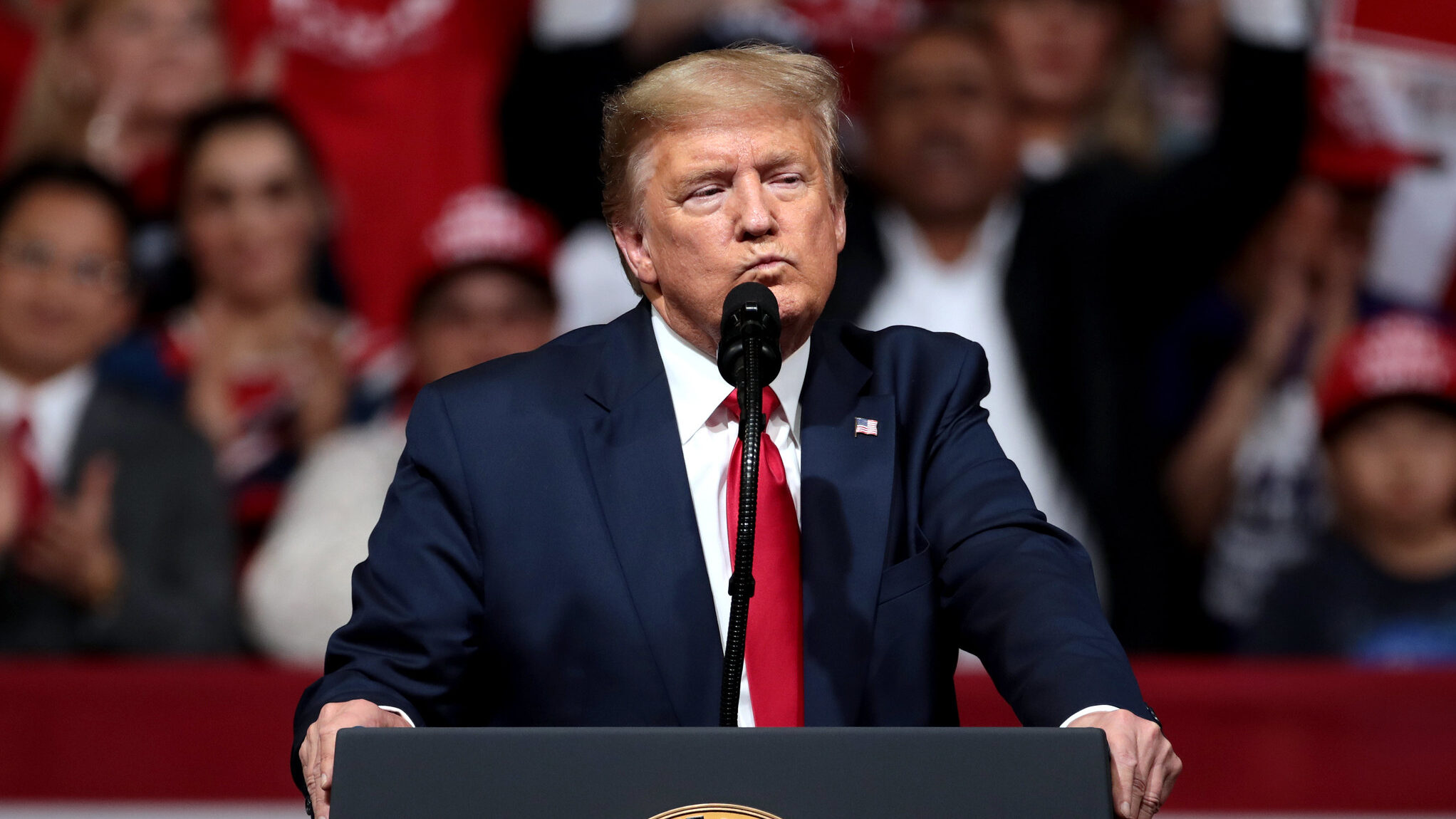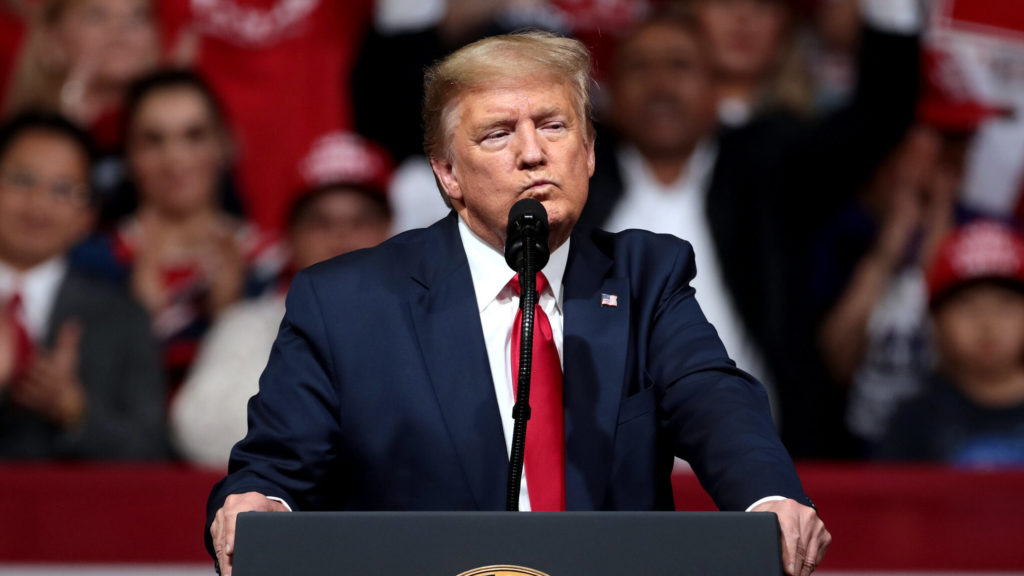Originally Authored at TheFederalist.com

The Associated Press (AP) admitted Friday that this week’s indictment of 18 Arizona Republicans is “part of a campaign” to “deter” Republicans from raising challenges and concerns about the integrity of the 2024 election.
Democratic Arizona Attorney General Kris Mayes indicted 18 individuals, 11 of whom she claims acted illegally when they convened as alternate electors to certify the Arizona election in favor of Donald Trump while challenges to the tight election’s initial results were ongoing.
Under the headline “Charges against Trump’s 2020 ‘fake electors’ are expected to deter a repeat this year,” AP’s Nicholas Riccardi wrote the indictment of 18 people “could help shape the landscape of challenges to the 2024 election.”
“The indictment issued Wednesday is part of a campaign to deter a repeat of 2020, when Trump and his Republican allies falsely claimed he won swing states, filed dozens of lawsuits unsuccessfully challenging Democrat Joe Biden’s victory and tried to get Congress to let Trump stay in power,” Riccardi wrote.
The outlet cited Center for Election Innovation & Research founder David Becker — whose organization helped dump hundreds of millions of dollars in “Zuckbucks” into local election offices to influence election administration — to emphasize the “deterrent effect.”
“People are going to have to think twice about doing things to undermine the election,” Becker told the AP. “The deterrent effect is real.”
Riccardi also quoted Justin Levitt, a veteran of the left-wing Brennan Center who was tapped as a senior adviser for “democracy and voting rights” by the Biden White House in 2021, to cheer the “severity” of the lawfare being waged against Republicans.
“One of the things that fosters deterrence most is swiftness and severity,” Levitt reportedly said. “Though the wheels of justice are turning slow, they are turning, and we are seeing consequences for the lieutenants in this conspiracy.”
It’s not just the AP drawing the connection. A well-known election integrity advocate told The Federalist she was contacted by a New York Times reporter on Thursday and was asked whether the Arizona indictments and other “state elections cases impact your strategy/approach to the 2024 election?”
The “conspiracy” Mayes has accused 18 Republicans of, however, involves the same kind of “electoral disobedience” that Democrats have engaged in without consequence in the past.
[READ NEXT: Sotomayor Hijacks Trump Immunity Hearing To Push Democrats’ Debunked ‘Fake Electors’ Smear]
After Election Day in 2016, many Democrats sought ways to stop electoral votes from being cast for Trump. The Atlantic — along with many other Democrats — urged electors whose states had voted for Trump to consider contradicting voters and casting their votes for Hillary Clinton instead, because “the electoral college was meant to stop men like Trump from being president.” The Washington Post published an op-ed by Lawrence Lessig that declared electors should “choose Clinton.”
Even more analogous to the alternate Trump electors in 2020 was the situation in Hawaii during the 1960 presidential election between John F. Kennedy and Richard Nixon, as noted by The Federalist’s Margot Cleveland.
The outcome of Hawaii’s election was debated for weeks, and even though the acting governor certified the election in Nixon’s favor in late November 1960, Democrats challenged the result. In December, both Democrat electors for Kennedy and Republican electors for Nixon cast separate votes for their respective candidates. Eventually, a judge determined Kennedy had won the election. As Cleveland noted, the judge “stressed the importance of the Democrat electors having met on Dec. 19, as prescribed by the Electoral Count Act, to cast their ballots in favor of Kennedy,” who ultimately ascended to the White House.
Brianna Lyman is an elections correspondent at The Federalist.
